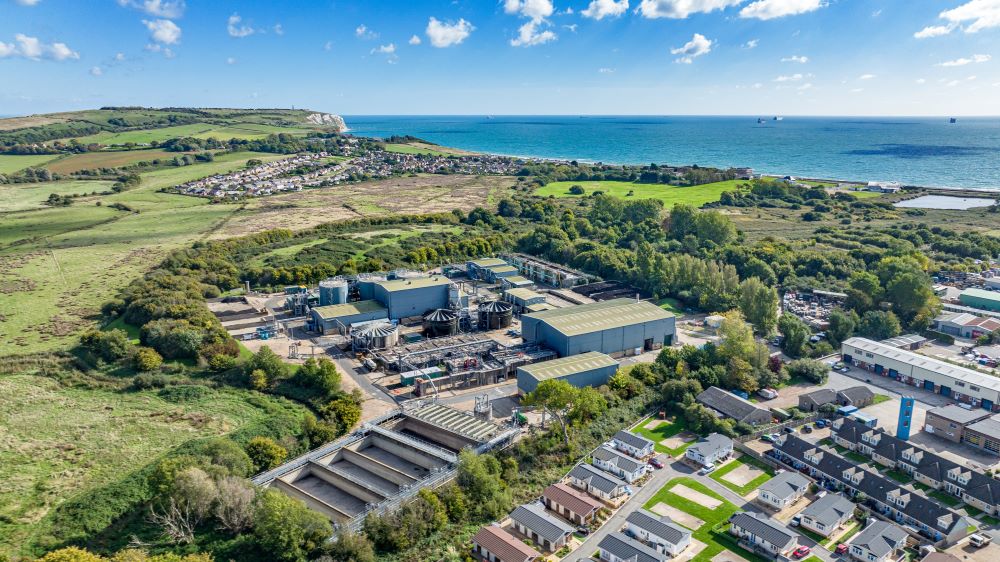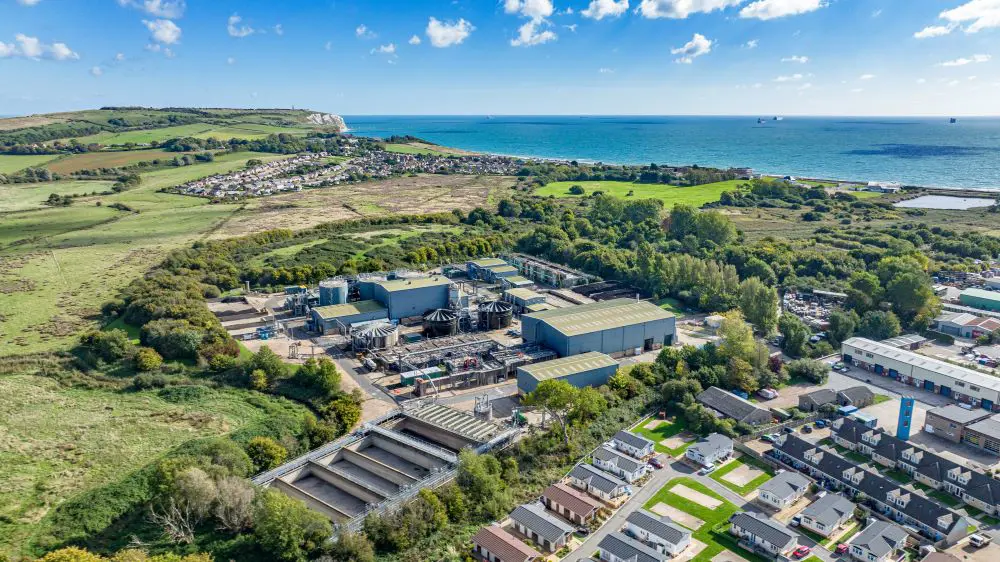What do we mean by 'flow' and 'spill'?
We measure the treated wastewater leaving our sites as ‘flow’. During heavy rain, our network can become overwhelmed, triggering storm overflows that release highly-diluted water—mostly rainwater—into the environment to prevent flooding. This is know as a ‘spill’.
Storm overflows are part of a historic system used across the UK and around the world. But we know this isn’t sustainable. That’s why our Clean Rivers and Seas Task Force is working to reduce storm overflows by keeping rainwater and groundwater out of sewers in the first place – keeping them free to deal with wastewater only wherever possible.
Flow data is reported every year to the Environment Agency. The graph below shows the total amount of treated water that left these sites each year in cubic metres, divided by catchment.
As the population of our region continues to grow, the volume of wastewater received by our sites increases too. As a result, our flow figures fluctuate year-on-year based on the number of people who choose to live in the South East.
Although this would suggest our flow should increase year-on-year, other factors impact our flow too. For instance, some of our sewers carry rainwater away from gutters and street gullies to our wastewater treatment works to prevent flooding. As a result, our flow is also higher during years with a wet winter.
The graph below shows the total number of spills from our wastewater treatment sites each year, divided by county.
Water companies are permitted by the Environment Agency to spill only under strict conditions, to protect properties, protect the environment and manage storms.
Sometimes, we have to spill if our wastewater treatment works receives more rainwater and wastewater than we're able to process or store, usually during a storm and when groundwater levels are exceptionally high. We may also have to spill when wastewater stops moving through our network – for example, due to a pump failure. Wastewater with nowhere else to go can flood homes and communities, so we release it to prevent this happening.


